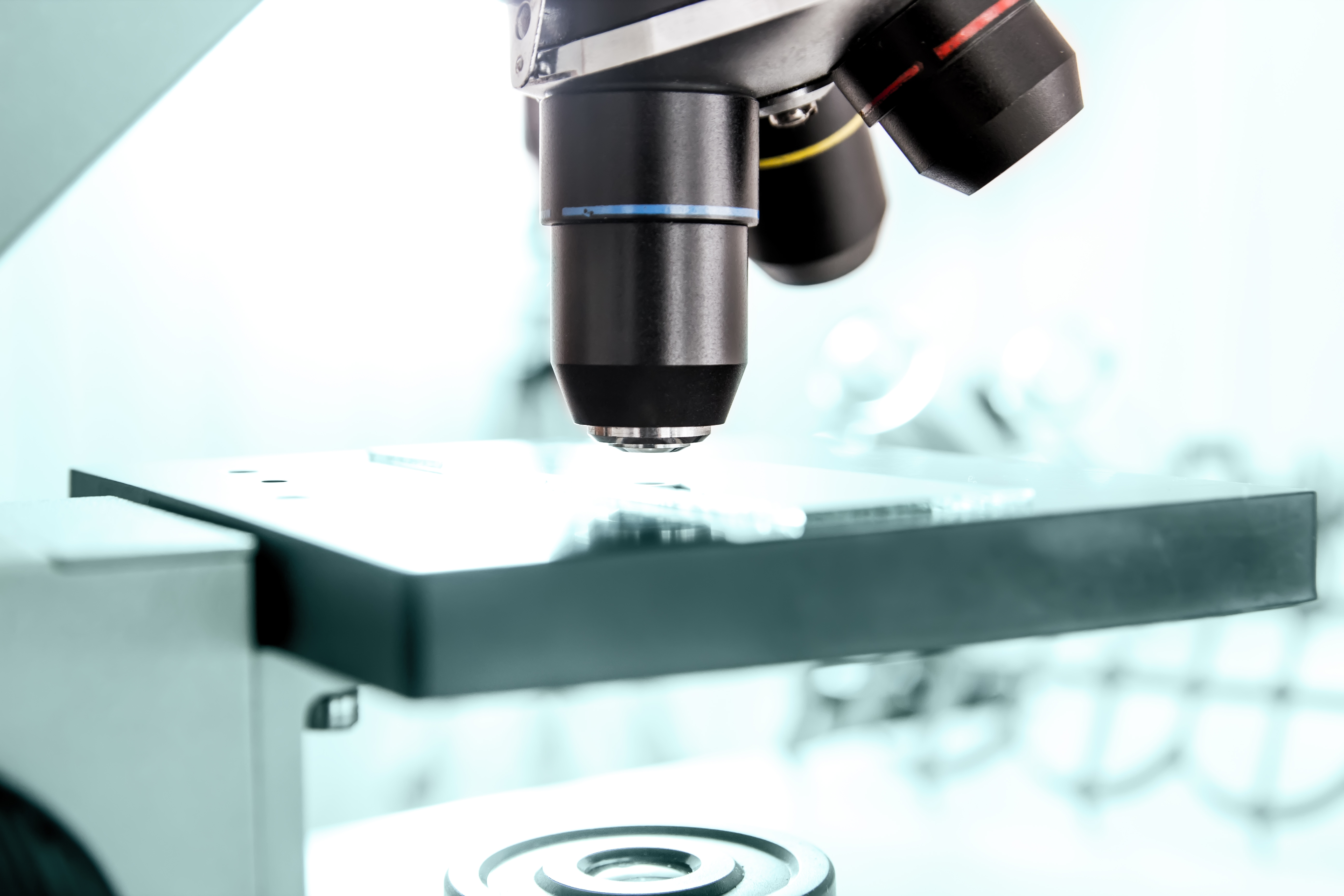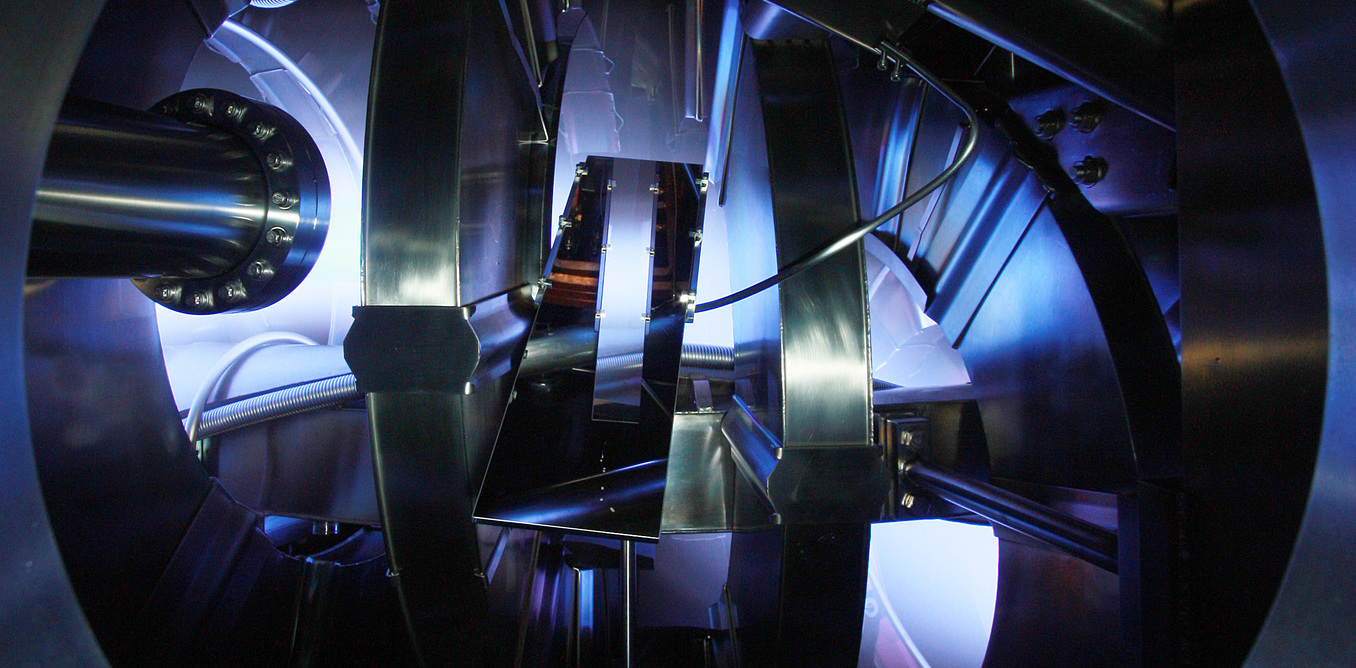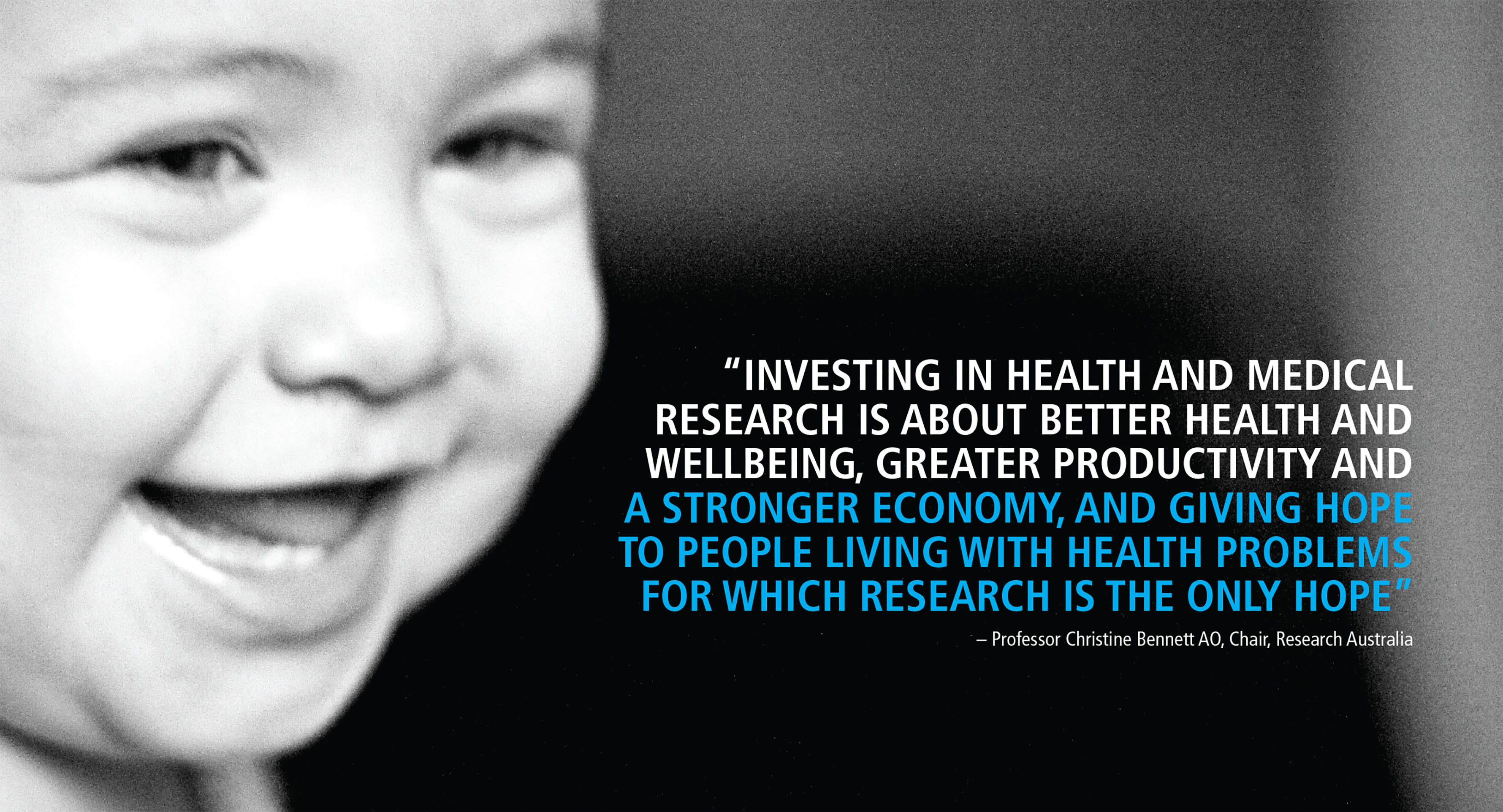We have just got out of the Health Portfolio Federal Budget Lockup and here’s some early news on items affecting our sector.
We will provide you with more details around how the Federal Budget 2017-18 directly impacts health and medical research in the next few hours.
- In 17-18, the total Health budget including (Aged Care & Sport) will increase 2.8% on last year to $94.2bn – that is 20% of total Commonwealth spend.
- $5bn of that relates to HMR which includes:
- $10M in preventive health research funded from MRFF
- $78.8m for cancer research including $68m for a Proton Beam Facility in South Australia and $14.8m for childhood cancer.
- Funding of $642.9 million will be made available in 2020 – 21, bringing total investment in HMR over the first 5 years of the MRFF to 1.4b, this is in addition to NHMRC funding.
- $374.2m for national expansion of My Health Record to an opt-out system as agreed by COAG last year which will deliver enormous savings to the nation’s health bill over the next decade.
- A compact with the pharmaceutical sector will mean lower cost medicines for consumers and in return allow more new drugs on the PBS and provide certainty and funding viability for the sector – congratulations to Medicines Australia










